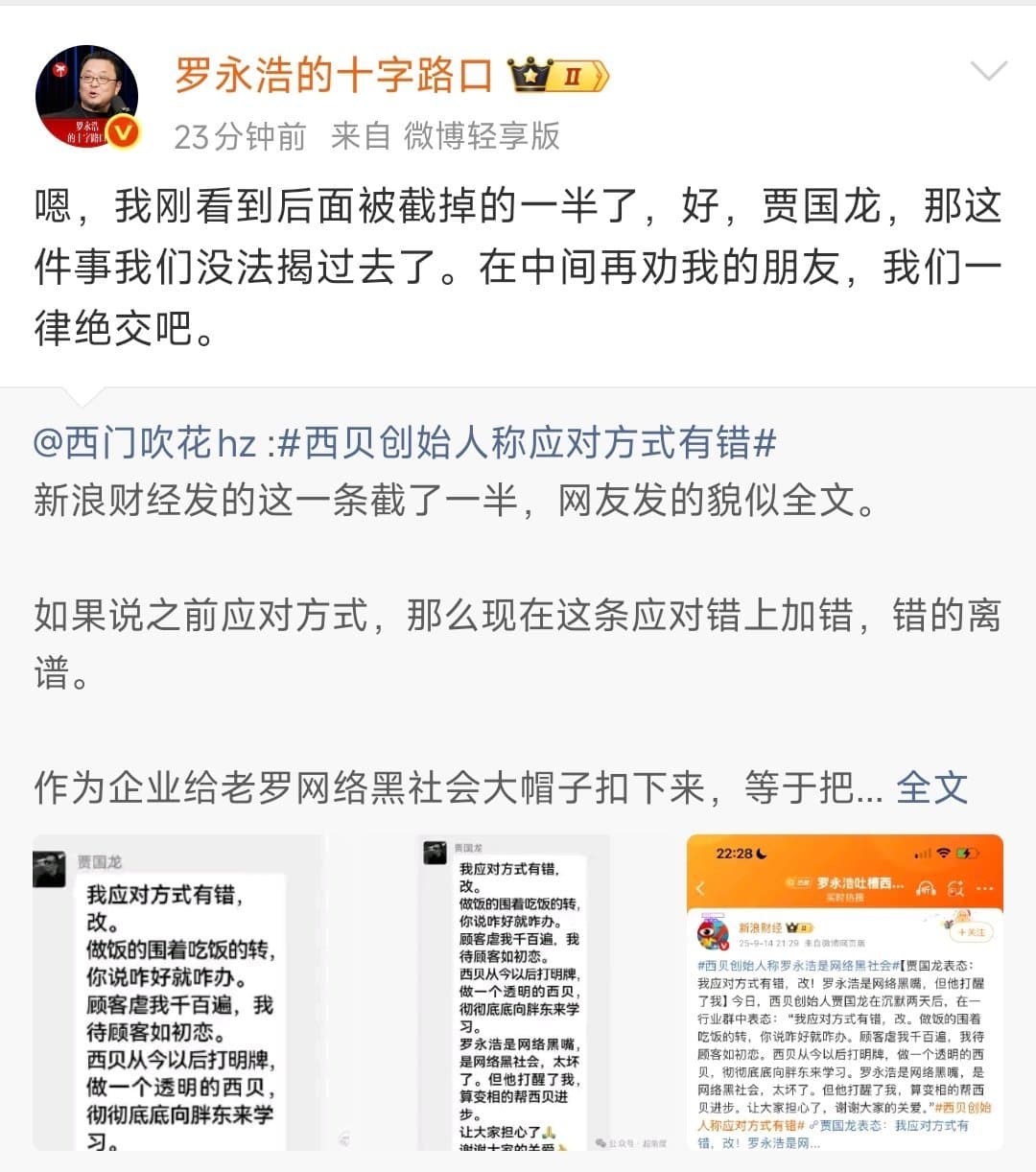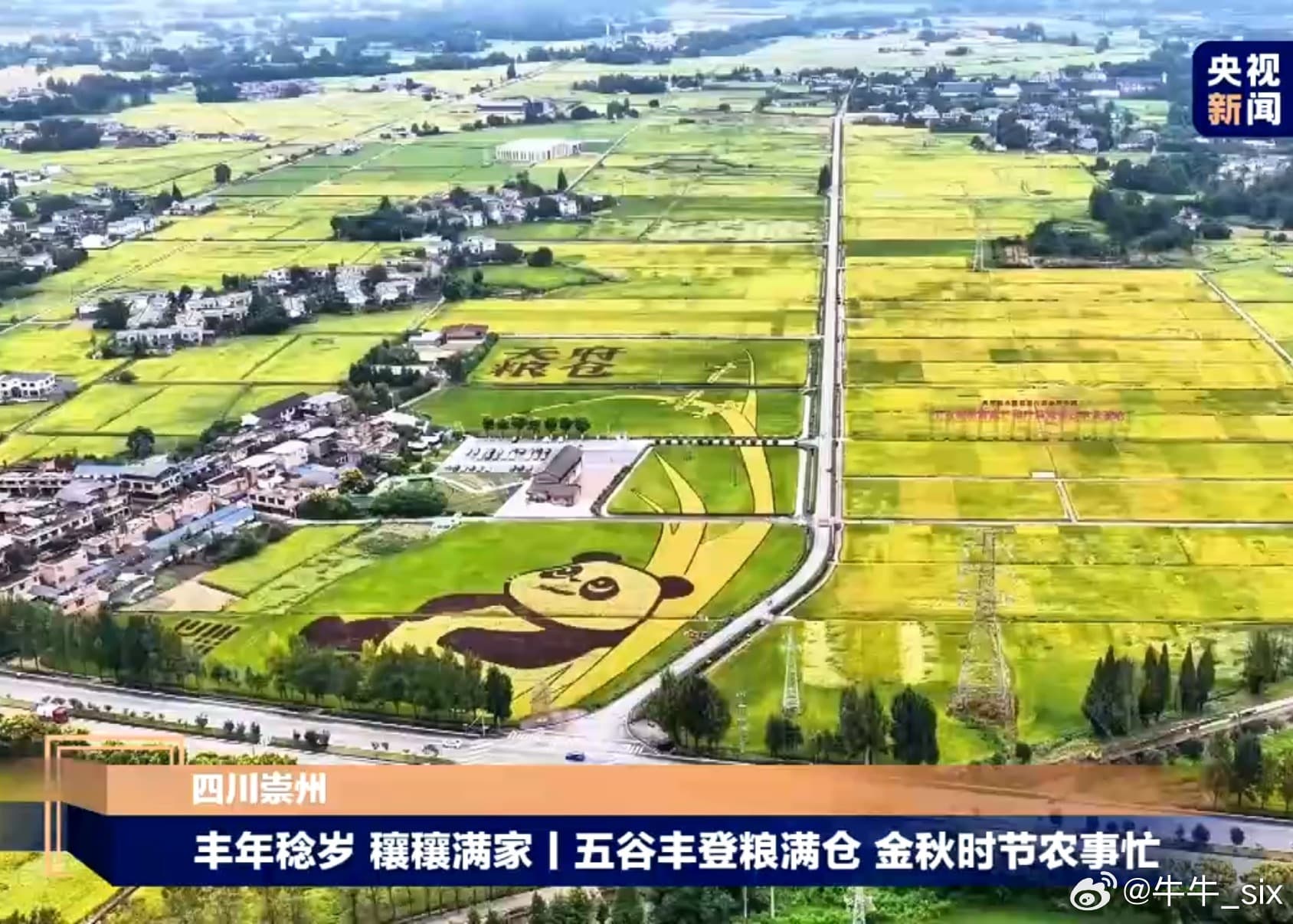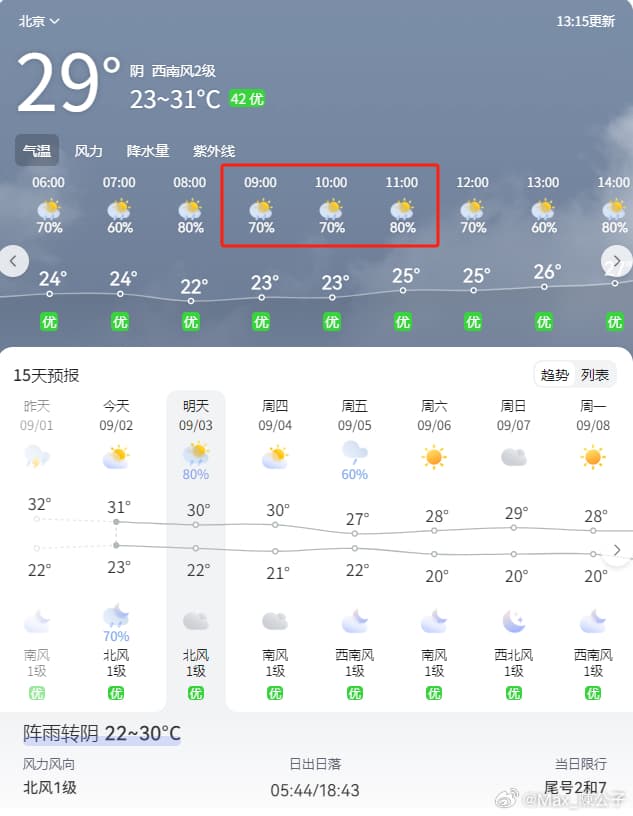Abandoned Panda Hua Hua's Ordeal Sparks Conversation on Animal Welfare in China
In a story that has captured the hearts of Chinese netizens, a giant panda named "Hua Hua" was discovered abandoned outside at the Dujiangyan Base of the China Conservation and Research Center for the Giant Panda in Chengdu, Sichuan province of China. The panda, who is famous for mimicking human expressions, was left outside on New Year's Eve, leading to the termination of the negligent caretaker.

23 February 2024
The absence of Hua Hua caught the attention of observant social media users, who shared their concern and displeasure on Weibo. The caretaker assigned to Hua Hua was subsequently removed from their duties following the facility's investigation. Hua Hua has since been returned to the indoor enclosure. Remarkably, the panda is reported to be in good health despite the neglect.
In the absence of human intervention, Hua Hua showed no signs of distress. Instead, this intelligent animal greeted visitors with a warm smile, a testament to its amiable nature. This aspect was praised by social media users who expressed appreciation for the panda’s temperament, calling for the world to treat the beloved animal more gently.
Hua Hua has become quite famous in China, largely due to its ability to mimic human expressions. Hua Hua even appeared on the Spring Festival Gala last year, where its antics added cheer to the celebrations. It's an irony then, that while Hua Hua was brightening China's New Year's Eve, it was left forgotten outside.
The incident sparked a bigger conversation on Weibo about the responsibilities of zoo staff and caretakers. Users expressed their displeasure, pointing out that if a high-profile panda like Hua Hua wasn't receiving proper care, less famous pandas were probably having it even worse. These concerns prompted the research center to release a statement reassuring the public that they would be reflecting on the incident, rectifying any shortcomings, and ensuring such an event doesn't occur again.
The story is particularly poignant given the role pandas play in China's cultural identity. They have been symbols of peace and friendship since the days of the ancient Silk Road. Today, they represent China's commitment to wildlife conservation and its position as a leading force in this area.
This incident serves as a stark reminder of the importance of proper care and respect for all animals, especially those that hold special cultural significance. Hua Hua's story has underscored the need for zoo workers and caretakers to be vigilant and attentive to the needs of the animals they look after. It has also showcased the power of social media in raising awareness about animal welfare issues.
While the story has a happy ending for Hua Hua, it serves as an important lesson for all zoo staff and caretakers. It's a lesson that the absence of one person's attention could lead to a situation as distressing as an animal starving and freezing outside its enclosure. This story stands as a testament to the human-animal bond, and the profound impact we can have on the lives of the creatures we share the planet with.
As the Chinese public continues to express their love and admiration for Hua Hua, the incident has sparked a wider conversation about animal welfare in China. It's a conversation that will hopefully lead to more stringent standards and increased attentiveness from those responsible for the care of these cherished creatures. Hua Hua's story reminds us that every creature, no matter how famous or unknown, deserves our care and respect.
The incident at the Dujiangyan Base of the China Conservation and Research Center for the Giant Panda is yet another example of the power of social media to bring attention to animal welfare issues. It highlights the importance of vigilance and responsible care for the animals we share our world with. This story can serve as a call to action for zoos and wildlife centers around the world to ensure that every animal under their care is treated with the respect and attention it deserves.
It is heartening to see that Hua Hua is now back in its indoor enclosure, safe and sound, thanks to the vigilance of social media users. This story is not just about one panda, but about the collective responsibility we all share in ensuring the well-being of all creatures, great and small. Hua Hua's story is a reminder that every animal, no matter how famous or unknown, deserves our care and respect. It is also a call to action for zoo workers and caretakers everywhere to remain vigilant, responsible, and committed to the welfare of the animals under their care.
As the world continues to watch Hua Hua's journey, we can only hope that this story serves as a catalyst for positive change in the care and treatment of animals in zoos and wildlife centers around the world. It is a reminder that we all have a responsibility to ensure the safety and well-being of these magnificent creatures that share our planet. And perhaps, the next time we visit a zoo or wildlife center, we'll be a little more mindful of the animals we encounter, and the care they deserve.
In conclusion, the story of Hua Hua is a poignant reminder of the power of social media to bring attention to animal welfare issues, and the importance of vigilance and responsible care for all creatures, great and small. It has sparked a wider conversation about animal welfare in China and has served as a call to action for zoos and wildlife centers everywhere to ensure that they are meeting the highest standards of care and respect. The story of Hua Hua is not just a heartwarming tale, but a call to action for all of us to do better for the animals we share our world with.
Share this article
Related Articles

Xi Jinping Elevates Cybersecurity to Core National‑Security Pillar, Driving China’s Quest for a Cyber Superpower
By Trending on Weibo
News & Politics
15 Sept 2025

Luo Yonghao vs. Xibei: Celebrity Entrepreneur Sparks Media Storm Over Pre‑Made Dishes and Calls for Transparency
By Trending on Weibo
News & Politics
15 Sept 2025

Weibo Celebrates Autumn Harvest as China’s Fields Become the Nation’s Most Beautiful Canvas
By Trending on Weibo
News & Politics
15 Sept 2025
China Enacts First Comprehensive Rental Regulations to Legalize and Stabilize the Rental Market
By Trending on Weibo
News & Politics
15 Sept 2025

Beijing’s Weather Emerges as a Barometer for China’s Climate Policies and Public Life
By Trending on Weibo
News & Politics
13 Sept 2025